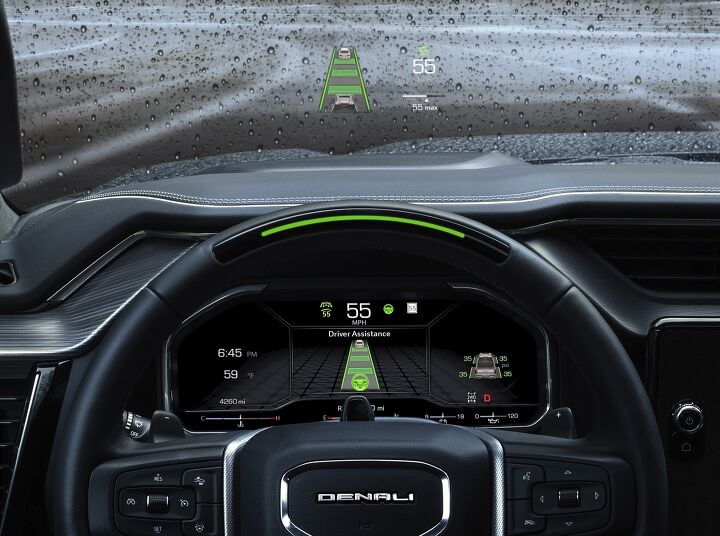General Motors Says Privacy And Driving Don't Mix

A lawsuit filed in Georgia accuses General Motors of violating drivers’ privacy by collecting and selling detailed driving information without obtaining proper consent—but the automaker claims your right to privacy behind the wheel doesn't exist.
Key Points
- GM is facing a multi-district lawsuit alleging it collected and sold drivers' data without proper consent, violating federal privacy laws.
- In its motion to dismiss, GM argues that driving behavior on public roads is not private and therefore not protected under current privacy statutes.
- Data brokers LexisNexis and Verisk, also named in the suit, support GM’s claim, asserting that drivers have no reasonable expectation of privacy while operating vehicles in public.
GM, along with data brokers LexisNexis and Verisk, is now pushing to have the case dismissed, arguing that data generated on public roads is not protected by privacy laws.
In its legal filing, GM claims activities such as vehicle location tracking, speed monitoring, braking behavior, and route history occur in full view on public roadways and therefore do not meet the legal threshold for a privacy violation. In fairness, someone can absolutely follow you home from the highway, but you would, or should, realize you're being tracked and take steps to shake the tail—of course, in that case, the "data" isn't being packaged and sold to the highest bidder, it's just some crazy dude in a Kia who's mad you passed him on the right or something.
The company cites legal precedent—including a 2015 case involving drone surveillance—stating that conduct observable in public is not subject to a “reasonable expectation of privacy.”
“Driving a vehicle, which necessarily involves conduct that takes place on public roads, cannot form the basis for any privacy-based claim,” GM’s motion reads. The filing references the Restatement of Torts, which reinforces the view that observing someone’s actions in public, including on a highway, is not considered an invasion of privacy.
The plaintiffs in the case argue they never knowingly consented to sharing their driving behavior and believed that the data collected by GM’s now-discontinued Smart Driver program would remain confidential. They further allege violations of federal laws, including the Wiretap Act, Stored Communications Act, and the Computer Fraud and Abuse Act.
LexisNexis and Verisk, which purchased the driving data from GM, claim the same defense as the automaker. GM ended the Smart Driver program in April 2024, but the lawsuit may have far-reaching implications for how automakers collect and monetize vehicle data.
Lesson one: drive old cars. Lesson two: never trust a corporation to serve your best interests.
Become an AutoGuide insider. Get the latest from the automotive world first by subscribing to our newsletter here.

An experienced automotive storyteller and accomplished photographer known for engaging and insightful content. Michael also brings a wealth of technical knowledge—he was part of the Ford GT program at Multimatic, oversaw a fleet of Audi TCR race cars, ziptied Lamborghini Super Trofeo cars back together, went over the wall during the Rolex 24, and wrenched in the intense IndyCar paddock.
More by Michael Accardi


































Comments
Join the conversation
For your information, GM is not the only automaker doing this type of data farming and selling. I believe that this has been going on since model year 2020. So it's time to look for pre-2020 vehicles. That is one of the reasons I have vehicles from 2013 and 2016. Big brother is watching and selling you to the highest bidder.
GM was sued for this a couple years ago along with Nexus Lexus. This is BS, they know it is illegal.
I would go so far as today Mary Barra needs tone fired for continuing practices that they have already been convicted on
This is an acknowledgment from the story I linked below:
The automaker acknowledged the settlement agreement with the FTC in a statement on its website Thursday, noting that its Smart Driver offering was discontinued last year across all GM vehicles and unenrolled all customers. GM also said it ended its “third-party telematics relationships” with LexisNexis and data broker Verisk Analytics.
https://apnews.com/article/ftc-gm-driving-data-insurers-a555abb56a0d5f31afa9b73c3eb48287